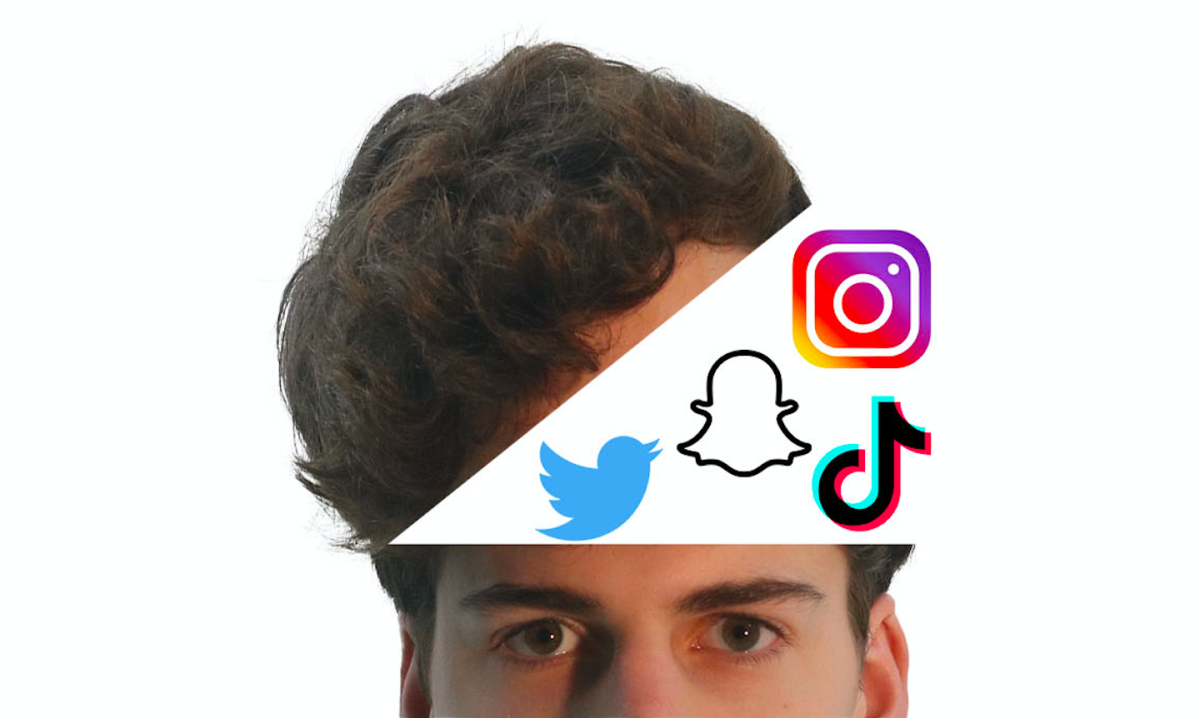
Photo Illustration by Evan Rivera ’24
When asked “show me facts about the president” Google provides about 1,080,000,000 results in 0.52 seconds. More information than could ever be processed within a reasonable amount of time. Let alone verified.
But not all information is created equal, bias and misinformation plague every corner of the world wide web, while awareness on how to detect it diminishes. This is especially prevalent in the world of social media.
This is not to say all information shared through sites like Tik Tok or Instagram is false. Zach Coy ‘24 says, “I learned that bees stop flying when you shut the light off from a Tik Tok.” Which is a fact that has been proven by multiple sources outside of Tik Tok.
But when asked if he had taken time to verify that fact when he saw it, Coy said, “no why would you do that?”
Ignorance of misinformation is a common problem for users of major platforms, one that not many seem to pay attention to. Especially when considering the sheer amount of information gathered with each session online.
This indifference reaches content creators as well, with only a select few citing scientific journals, scholarly articles or other professional sources. Propagating the risk of running into misinformation.
Information overload is a problem that reaches each corner of today’s media. The internet is the main cause of the rapid and continuous flow of information that has become commonplace. This has been made possible by the advent of social media; the most efficient way to share data ever conceived in the entire history of humanity.
More information seems beneficial at first, after all, more data leads to more knowledge, but when asked to recall the last Tik Tok he saw, Jaxon Packer ‘24 said that he “couldn’t really remember.”
This points to a larger issue of content quality in social media, there is so much information it’s impossible to remember all of it. Which affects the way information is consumed.
The brain invents strategies to be able to absorb more in less amount of time. Changes in the average attention span are a reflection of these habits.
Modern-day attention spans have shrunk down to around 8 seconds, a drastic change from an average of 15 seconds in 2000. Widely due to the mass amount of data available the moment a screen is turned on, after all, human nature dictates a desire to absorb everything as efficiently as possible.
But this type of consumption has far reaching consequences, “there was a time when I couldn’t watch a full movie because I had been watching Tik Tok all day and I needed constant stimulation,“ said Coy.
Coy is not alone in feeling this, Packer deleted Tik Tok 3 months ago, saying it was “too distracting and I wasn’t getting anything done.”
With short form content carrying so many detriments, many feel it is better to stay away from it entirely.





















